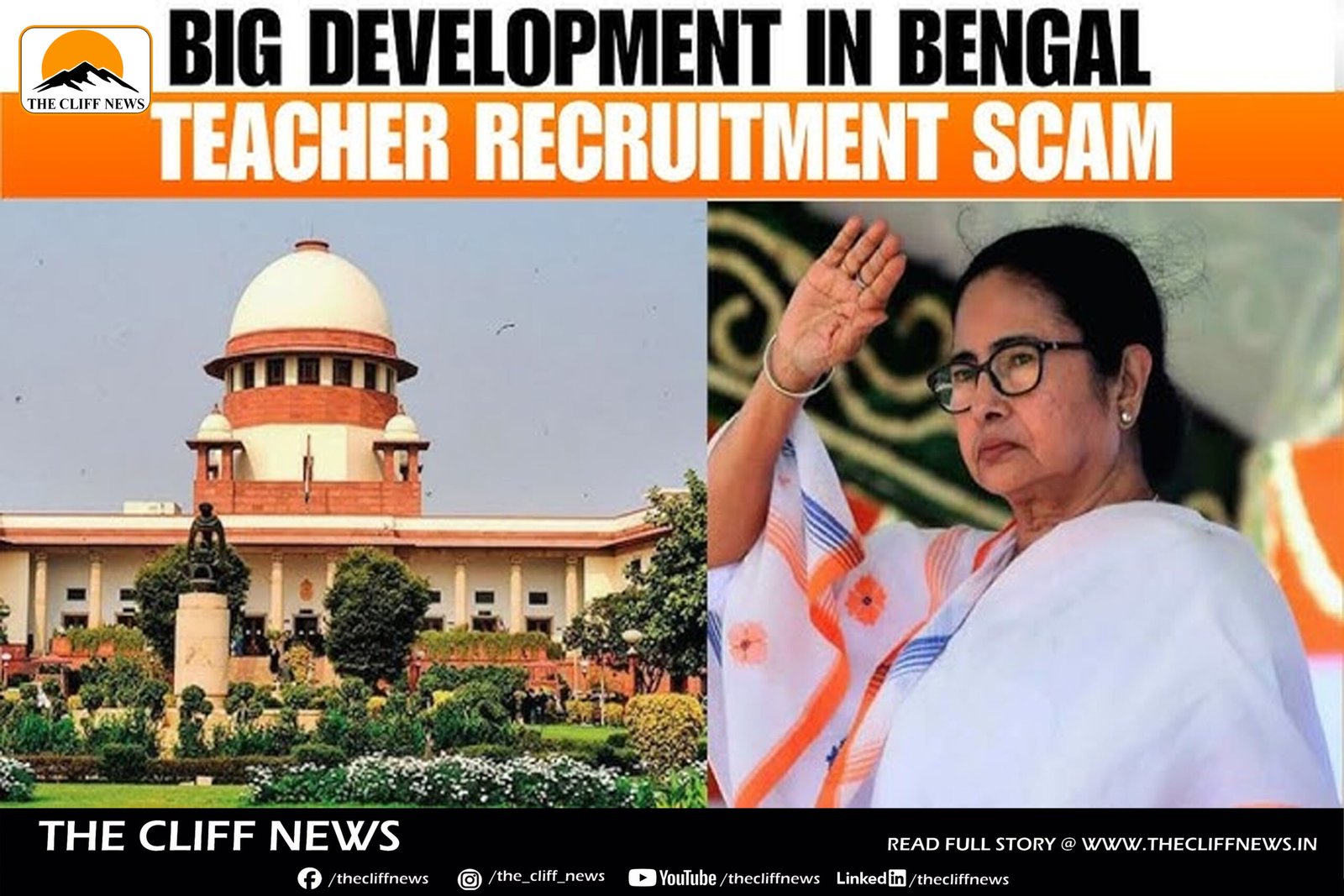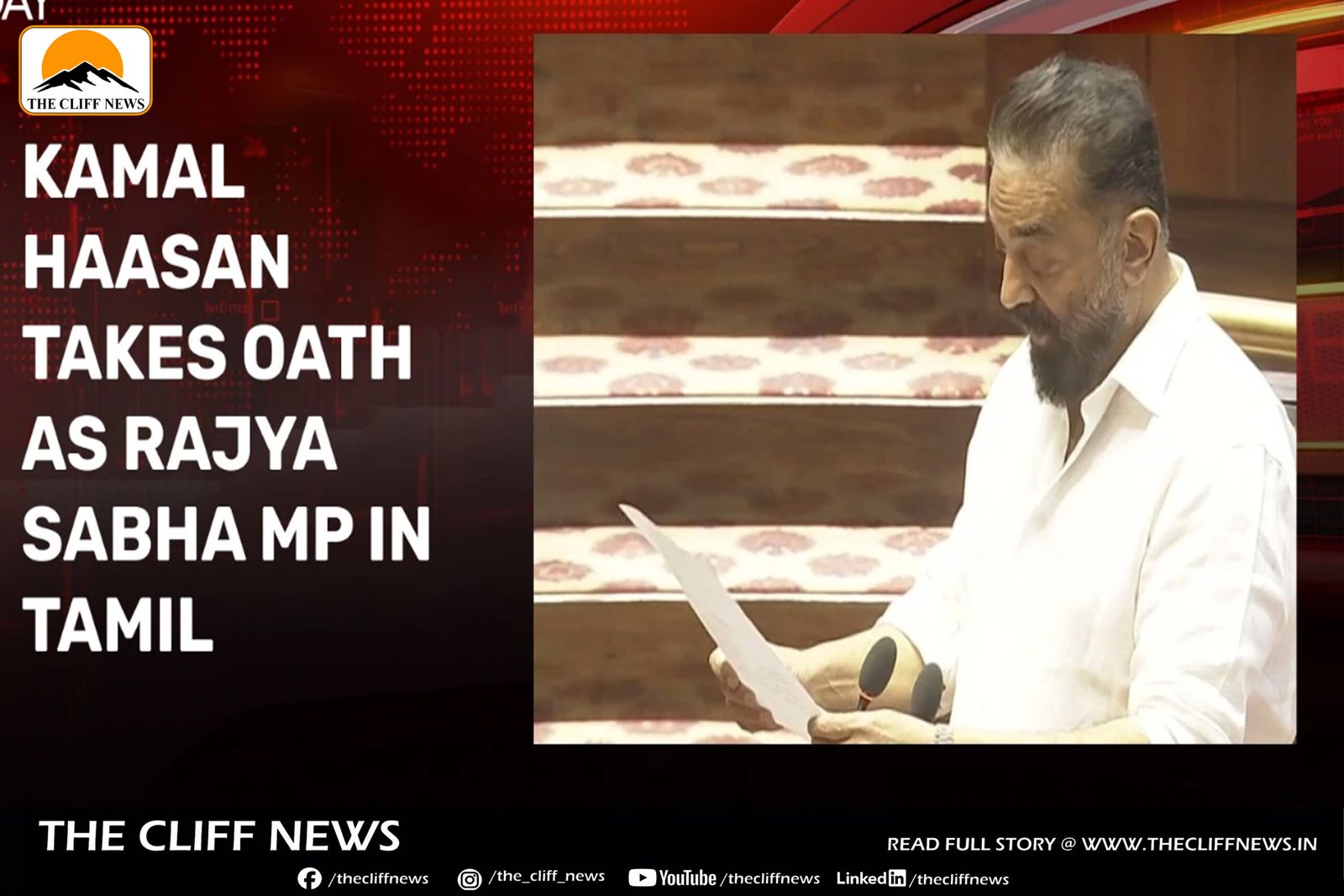“The fate of a battle is the result of a moment, of a thought,” Napoleon Bonaparte once reflected on his fateful defeat at Waterloo. A single moment, a single misstep, can unravel the mightiest regimes. Is West Bengal, under Chief Minister Mamata Banerjee, now facing such a decisive moment?
On April 5, the Supreme Court of India, led by the Chief Justice, upheld a landmark Calcutta High Court ruling that invalidated the appointments of 25,752 teachers who cleared the School Service Commission (SSC) exam in 2016. The verdict rocked the Trinamool Congress (TMC) government to its core—already reeling from public outrage over the RG Kar Medical College protests following the rape and murder of an intern doctor.
A Test of Governance—and Honesty
For Mamata Banerjee, who has long projected herself as the torchbearer of honesty and people-centric governance, this is more than just a legal setback. It’s a severe blow to the legitimacy of her administration.
In a 32-minute address, Banerjee struck a defiant tone, blaming the BJP and CPM for the tainted recruitment process, and urging people to focus on the Supreme Court’s directive to hold fresh recruitment within three months. She expressed confidence that the ‘autonomous’ SSC would manage this transparently.
But her optimism is not widely shared—especially by those with insider knowledge of the SSC.
SSC Insider Speaks Out
Chittaranjan Mondal, former chairman of the SSC, delivered a blistering critique of the process. Speaking to TOI Online, he described the situation as a “tragedy” and squarely blamed the SSC leadership at the time—implying they either succumbed to political pressure or were grossly negligent.
Mondal pointed to the state government’s failure to submit OMR answer sheets, which created doubts about candidate legitimacy. “If the SSC is really autonomous,” he questioned, “why did the Commission stop issuing duplicate OMRs to candidates?” He expressed deep skepticism about the state’s excuses and warned that the upcoming recruitment would be under intense public and judicial scrutiny.
“The buck stops with the political executive,” Mondal asserted, holding the TMC government ultimately accountable for the fiasco.
Political Fallout on the Horizon?
With assembly elections due in 2026, this scandal could have serious political ramifications. Public trust in government hiring is now severely shaken. The TMC’s credibility—particularly on education and employment—is under the scanner, and opposition parties are sure to weaponize this verdict in the months ahead.
“Why the silence on accountability?” asked a youth activist at a solidarity march in Kolkata. “Students and job-seekers have been cheated—not just by a flawed system, but by a failed promise of fairness.”
What’s Next?
The Supreme Court has ordered fresh recruitment within three months, placing immense pressure on the SSC to act swiftly and transparently. Any further mistakes could deepen the crisis—not just institutionally, but politically.
As Mamata Banerjee faces mounting pressure—from students, courts, and political rivals—this moment may well define the course of her leadership.
Will it be a turning point of redemption, or a repeat of Waterloo?



